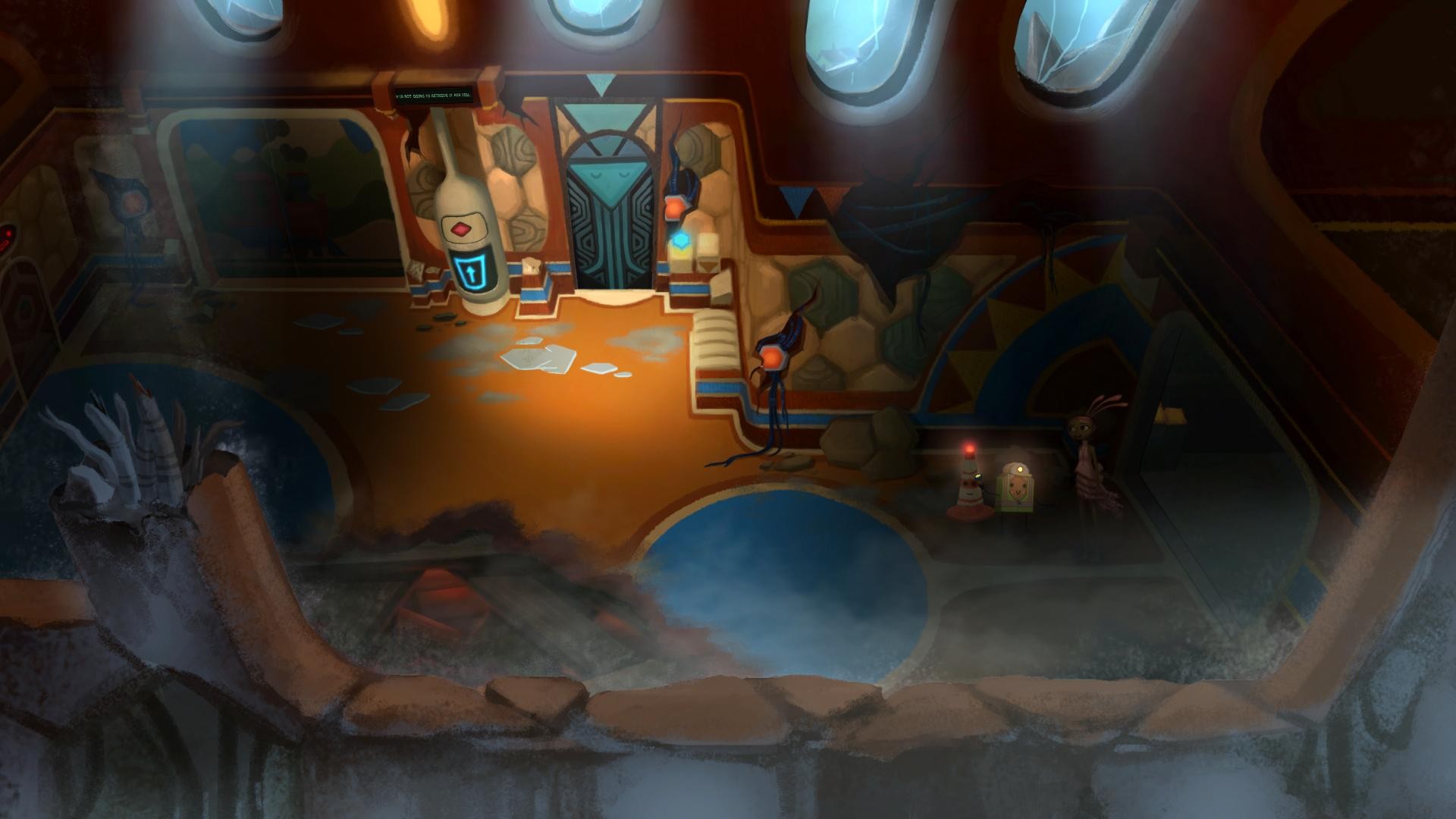

Simple in that you must take advantage of all services available until you are back to where you were before the fracture. "How do you live after the services end? How do you keep your fear of falling again in check? In short, how do you get your life back?" "It's not the fall, but the response to the fall," says Patti League, R.N., lead trainer of A Matter of Balance, a program that works with older adults to reduce their fear of falling. Then the real work begins - a point lost on many who have endured a hip fracture. Their whole system is thrown into a tizzy," says Lynn Beattie, vice president of injury prevention for the Center for Healthy Aging in Washington, D.C. "Most older adults have at least one chronic condition, such as diabetes or heart problems. When you're bedridden and hospitalized, your odds of everything from bedsores to pneumonia increase dramatically.Īs people age, they also experience what doctors call comorbidity - multiple ailments at the same time. That surgery carries risks, yet so does the immobility caused by a broken hip. But as we age and our bones weaken, a fall that our children or grandchildren might walk away from could put us in the hospital, facing major surgery.

Not surprisingly, most young people who fall don't break a hip. Indeed, a year after fracturing a hip, 90 percent of those who needed no assistance climbing stairs before the fracture will not be able to climb five stairs 66 percent won't be able to get on or off a toilet without help 50 percent won't be able to raise themselves from a chair 31 percent won't be able to get out of bed unassisted and 20 percent won't be able to put on a pair of pants by themselves.īut what makes a hip fracture so deadly - and so debilitating? And how can a seemingly healthy person experience such a dramatic decline from what is essentially a broken bone? The answers have less to do with the break itself than with the response to the break, not just in the hours immediately following but also in the weeks and months post-injury. Of the 300,000 Americans 65 or older who fracture a hip each year, 20 to 30 percent will die within 12 months, and "many more will experience significant functional loss," according to a 2009 study published in The Journal of the American Medical Association ( JAMA).

The statistics put Jackson in a select minority: those who not only survive a hip fracture but thrive after one.


 0 kommentar(er)
0 kommentar(er)
